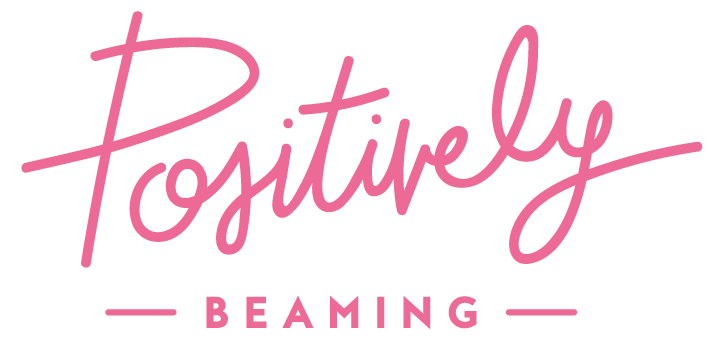Are you comfortable with discomfort?

Upon reflecting recently, I felt that my coaching had become a bit stale of late. My own coach had given me feedback, modelled some awesome strategies and reignited a spark.
I went back to some of my valued texts (both on leadership and coaching) and reminded myself of things I had forgotten.
And then, quite by accident on a podcast, I heard the quote:
"Coach the person, not the problem"
I had become lazy and slipped into problem-solving instead of coaching!!!
I often talk about not being so helpful. If you have been to any of my courses you will have heard me talk about the parable of Managing Monkeys.
This urge we have to help, fix, take on people's monkeys.
We get distracted and overwhelmed by "The Problem" that needs fixing.
Our staff/family/kids/besties are determined to share their problems... in great depth.
Consequently, we spend a lot of time trying to understand the problem...
- Why did that happen?
- Who said what to whom?
- Why are you stuck?
- Why is that person not doing what they are supposed to?

When what we actually should be doing is understanding the person in relation to the problem. This might not make sense but stay with me.
I actually had a client who once spent two whole hours giving me a VERY VERY detailed analysis of ALL the problems in her context and why they couldn't be fixed. There was lots of blaming and/or overcompensating happening. The next time we met she started all over again!
In my exasperation, you guessed it, I slipped into problem-solving mode!!
- Have you tried this?
- What about doing that?
- What needs to happen is...
Coaching the person and not the problem would have sounded more like:
'That sounds like a really tough situation' (empathy and lots of it) then one or two of these questions:
- If one thing was better for YOU what would it be?
- What do you want?
- What is the opposite of what you just described?
- What's the real problem we are trying to solve here?
- What is your role in this scenario (how do you contribute to this problem)?
I would clarify:
- So let me be clear, if this issue was solved then what we would be noticing is ..... and ........ The staff member would be doing X and you would be thinking/feeling/doing ......
- What else would we notice?
I would make sure she heard my feedback around her part of the problem:
- It certainly sounds like you have tried hard to encourage the staff member to do XYZ but from what I am hearing when he doesn't follow through then you make allowances. Does this sound true? How has this contributed to the situation you described?
Then:
- What have you tried that worked ...even just a little bit?
- Who do you need to be to make that happen?
- What are some options for moving closer to the solution you suggested?
Then:
Allow silence. Manage your own discomfort and the urge to jump in when you see people struggle. People will struggle - with issues, emotions, competing priorities and with realisations that THEY have a part in both the problem and the solution.
No discomfort, no growth.
These aren't easy conversations but putting away our ego (solving the problem and being a saviour) and using empathy and curiosity (acknowledging tough emotions and sitting in that discomfort) are the only ways forward.
Does this resonate with you?
I cover this and a whole host of other topics in Launching into Leadership, my 8-week online course for female leaders at the beginning and middle of their leadership careers. There are two intakes a year and you can read up on what the course has to offer here: Tell Me More!

Categories
- Coaching (15)
- Happiness (10)
- Leadership (23)
- Mindset (13)
- Psychological (4)
- Trust (5)
- Choice (3)
- Management (12)
- Women (15)
- Authenticity (7)
- Positivity and Wellbeing (13)
- Career (12)
- Empowerment (6)
- Goals (8)
- Wellbeing (10)
- Interviews (2)
- Conversation (4)
- Confidence (1)
- Time Management (2)
- Habits (2)
- Drama Triangle (1)
- Teamwork (2)
- Productivity (2)

0 comments
Leave a comment
Please log in or register to post a comment